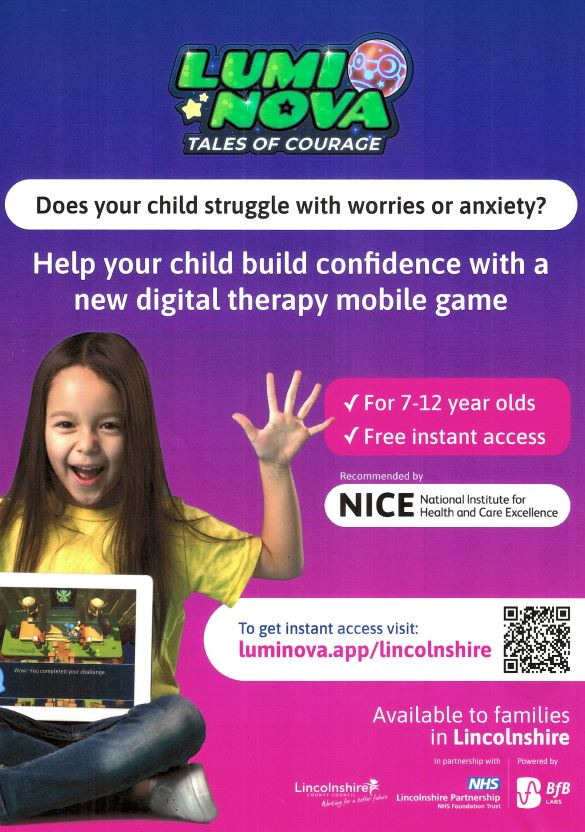Therapeutic Support
At Carlton Road we believe in educating the whole child: their head, their hands, and their heart. For most of the time our rich and varied curriculum and our personal development opportunities meet our children’s needs. However, on occasion we might identify an aspect of a child’s wellbeing that could be supported by a specific therapeutic approach. This might be a result of an impactful event, grief or loss, a social skill that could be developed further or as a result of their neurodiversity they may require a little more help than everyday school life provides.
Below you will find further details about some of the programmes we can offer:
Some therapies are delivered by external professionals , some by our own team members.
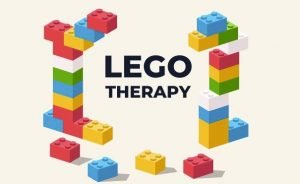
LEGO-Based Therapy is a social development program that uses LEGO activities to support the development of a wide range of social skills within a group setting. We have staff in school trained to do this.
LEGO-Based Therapy was developed in the mid-1990s by US paediatric neuropsychologist Daniel LeGoff. He was inspired by watching two of his customers with Autism Spectrum Disorder play with LEGO in his waiting room and displaying previous non-demonstrated positive social interactions.
While initially developed for children with autism, LEGO-Based Therapy has since been found to benefit children with a variety of communication and social developmental difficulties.
Playing with LEGO in a therapy setting promotes social interaction, turn-taking skills, sharing, collaborative problem-solving and the learning of concepts. It can be used to target goals around social skills, language and motor skills. By using a commonly adored tool like LEGO it capitalises on its existing motivation and supports self-esteem by allowing the participants to demonstrate their skills in a social situation. It also sets up a positive opportunity for guided social problem-solving to help develop social skills that can then be used in other situations.
Children with autism sometimes find it challenging to understand what is expected of them in a social situation, particularly within unstructured play activities. LEGO-Based Therapy provides a highly structured environment where everyone plays a specific role within the group. This can help children with autism feel calm and relaxed as they are doing something that they enjoy and know precisely what to expect and what is expected of them.
What happens during a LEGO-Based Therapy session?
During a LEGO-Based Therapy session, three or four children of broadly similar ages and abilities work together to build a LEGO model following. (For some specific cases, or as starting point, the therapist and the child may adopt a role each, if a bigger group is not suitable.)
Each child may take on one of four specific roles to do this:
· The Engineer oversees reading and relaying the instructions. The Engineer must tell the Supplier what pieces to retrieve and tell the Builder how to build the model.
· The Supplier oversees finding the correct LEGO pieces. The Supplier must listen to the Engineer and figure out what piece to retrieve, and then given these pieces to the Builder.
· The Builder oversees physically building the model. The Builder must listen to instructions provided by the Engineer and receive the pieces that are retrieved by the Supplier.
· The Foreman makes sure everyone is doing what they need to do. They provide help to other roles when needed and look out for social challenges that may need problem-solving by the group.
Using this format provides each child with an opportunity to practice and develop a wide range of skills, including language skills (in both giving and receiving instructions) turn-taking, negotiating, sharing and collaborative social problem-solving. It also encourages children to reflect on their own actions and skills as well as give constructive feedback to their peers.
We, or parents, may refer children to the following therapeutic services. Sadly, not all referrals are successful but the details below explain some of the local offers.
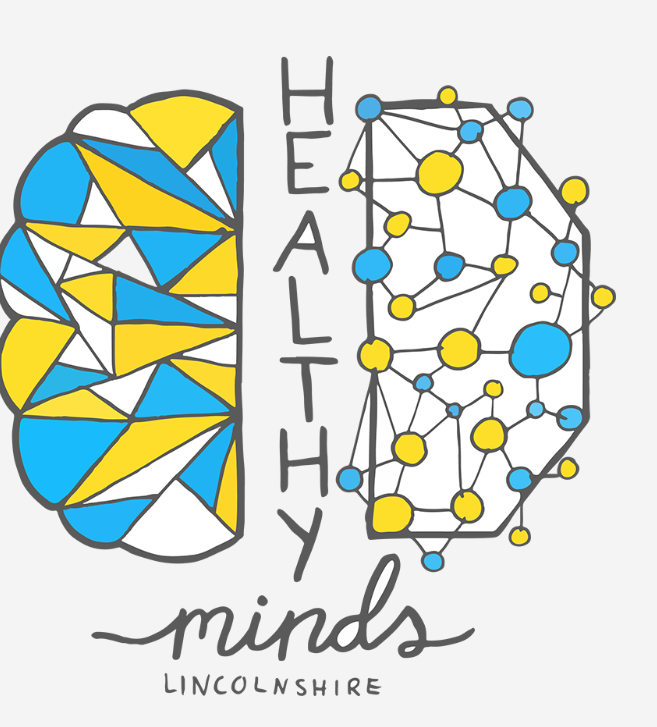
Healthy Minds Lincolnshire :: Lincolnshire Young Minds
Who are we? Healthy Minds Lincolnshire provide emotional wellbeing support for children and young people up to 19 years old. If you have a special educational need or disability or are a care leaver we can see you up to the age of 25.
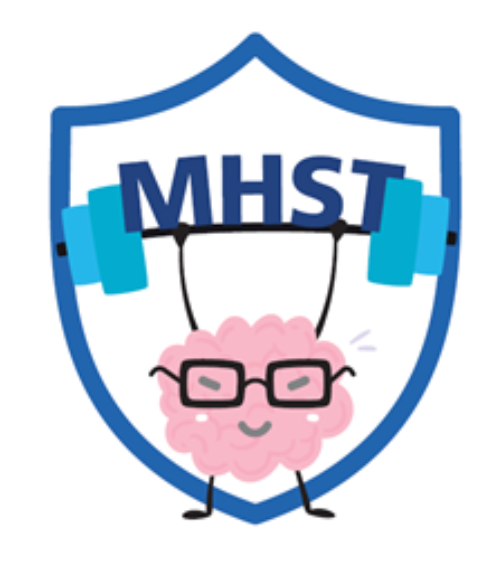 Mental Health Support Teams (MHST) :: Lincolnshire Young Minds
Mental Health Support Teams (MHST) :: Lincolnshire Young Minds
Who are we? The Mental Health Support Teams (MHST) are a service designed to help meet the mental health and emotional wellbeing needs of children and young people (age 5 to 18) in selected education settings across Lincolnshire or who are not on roll with an education setting.
Grief and Loss
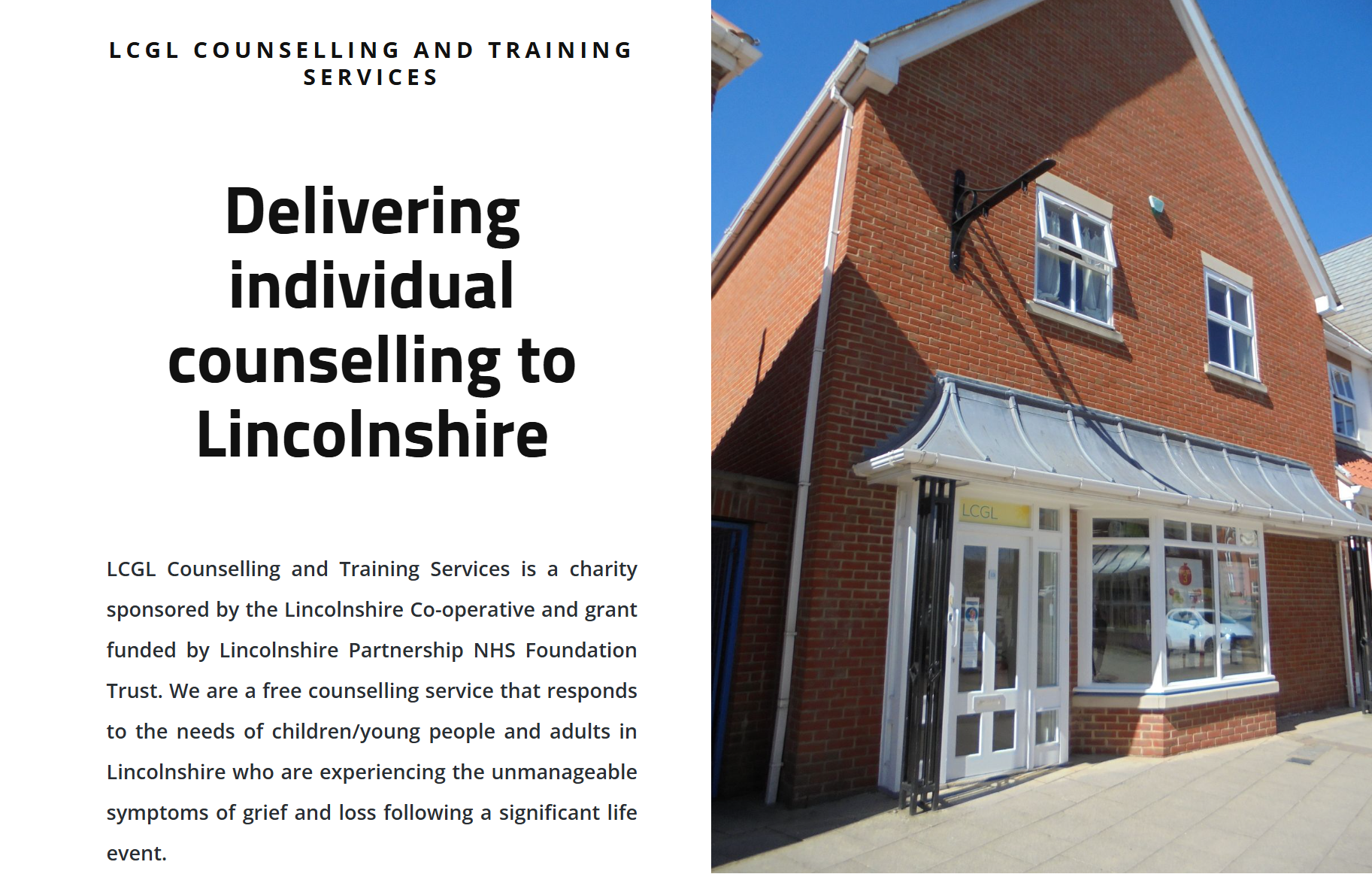
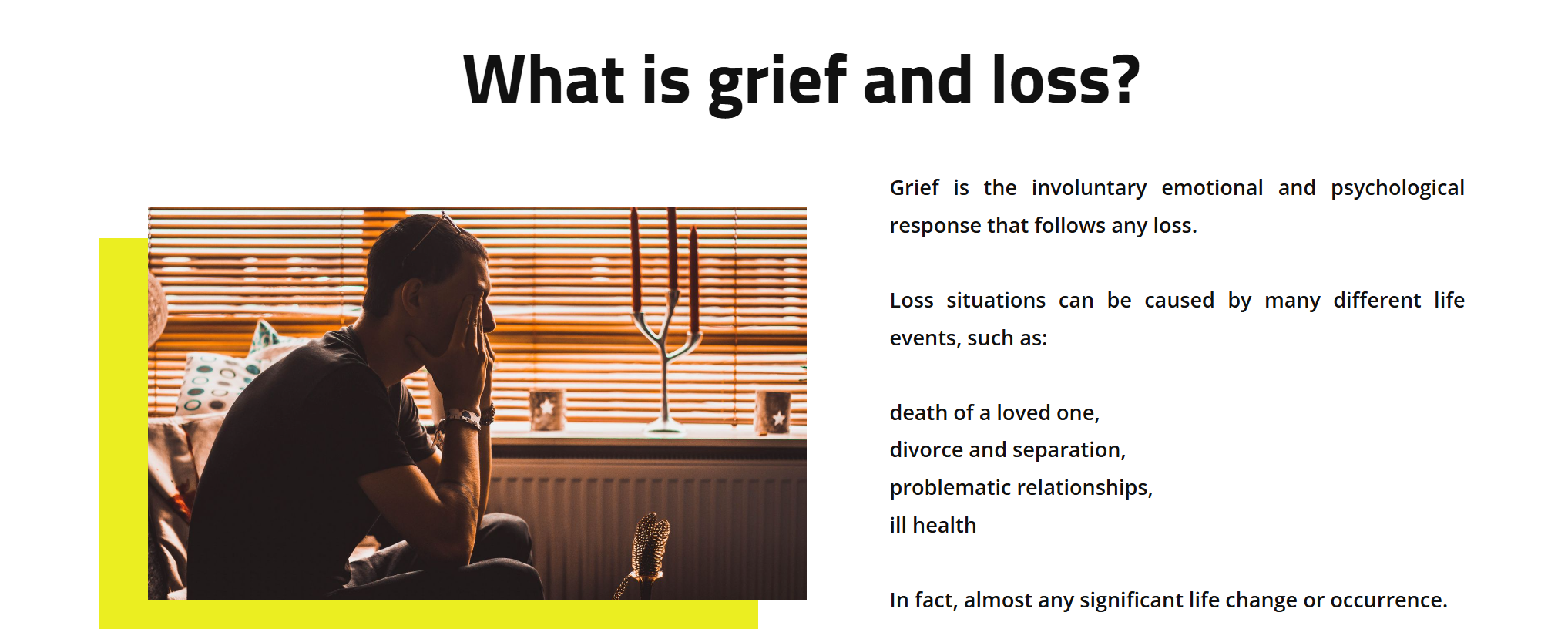
Home link to grief and loss website
Lumi Nova
A digital therapy mobile game to help your child to build confidence for 7-12 year olds. This free game helps children with worries and anxiety. Please follow the QR code on the poster for more information.


